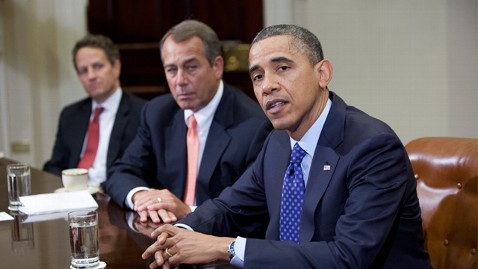SYDNEY: Two Australian radio presenters who made a hoax call to the hospital treating Prince William's pregnant wife Catherine were taken off the air on Saturday after the nurse who took the call was found dead in a suspected suicide.
Jacintha Saldanha answered the phone when presenters from Sydney's 2Day FM called, pretending to be Queen Elizabeth II and William's father Prince Charles, before passing it onto a colleague who divulged details of Kate's condition.
Saldanha was found dead on Friday, with police saying her death was not being treated as suspicious. Her employers, London's private King Edward VII hospital, refused to comment on media reports that she had taken her own life.
News of the death prompted a furious outpouring against the radio station and the two presenters involved, Mel Greig and Michael Christian, who are said to be "deeply shocked" by the turn of events.
"It's fair to say they are completely shattered," Rhys Holleran, chief executive of Southern Cross Austereo which owns 2Day FM, said of the pair, who had only been presenting together for a couple of weeks.
Holleran said the station and the hosts had decided that their show will not return "until further notice out of respect of what can only be described as a tragedy".
The radio station's Facebook page has been bombarded with thousands of comments on the death, many attacking the presenters and calling for them to be sacked, while at least one major company has withdrawn its advertising.
"Not so darn funny now is it? A British nurse is DEAD for the sake of a couple of cheap laughs. Shame on you!" wrote Kim Wilson.
Police said they had been called to an address close to the hospital on Friday morning following reports that a woman was unconscious, but she was pronounced dead at the scene.
"The death is being treated as unexplained," a statement said, while a spokesman said results of a post-mortem were due this weekend.
The family of the nurse, who reportedly had two children, appealed for privacy while they came to terms with her death.
"We as a family are deeply saddened by the loss of our beloved Jacintha," they said in a statement.
More than 13,650 comments had hit the 2Day FM page by Saturday afternoon, some saying Greig and Christian had blood on their hands and calling angrily for them to be dismissed.
For some the incident had echoes of Prince William's mother Diana, Princess of Wales, who died in a car crash in Paris in 1997 while being pursued by paparazzi.
"One would think... the death of Princess Diana would have taught the media a lesson about invasion of privacy of the royal family, but I guess not," said one commentator, posting as Lora LB.
Prince William and Kate have said they were "deeply saddened" by Saldanha's death, while Australia's Prime Minister Julia Gillard said it was a "terrible tragedy".
The hoax caused a global media storm, coming barely a day after the palace revealed the 30-year-old royal was pregnant following her admission to hospital on Monday with severe morning sickness where she stayed three nights.
Greig and Christian apologised after an uproar in Britain but the station initially milked the publicity as the "biggest royal prank ever".
In the phone call, in which Greig impersonated Queen Elizabeth II, Saldanha is heard saying, "Oh yes, just hold on, Ma'am", before putting her through to another nurse who revealed that Kate "hasn't had any retching with me since I've been on duty and she has been sleeping on and off".
The royals did not complain about the incident but it sparked intense media coverage and the chief executive of the hospital, John Lofthouse, said staff had been trying to help Saldanha "through this very difficult time".
The Australian presenters had insisted their hoax was lighthearted and even Prince Charles joked about the incident, saying to reporters asking him about Kate's condition on Thursday: "How do you know I'm not a radio station?"
But the joke divided the public in Australia, with some seeing it as "a bit of harmless fun" and others saying a line had been crossed and everyone had a right to privacy.
The widespread shock at the nurse's death is a sharp contrast with the excitement that greeted the announcement of a new royal heir this week. William and Kate's first child will be third in line to the British throne.
- AFP/xq

























